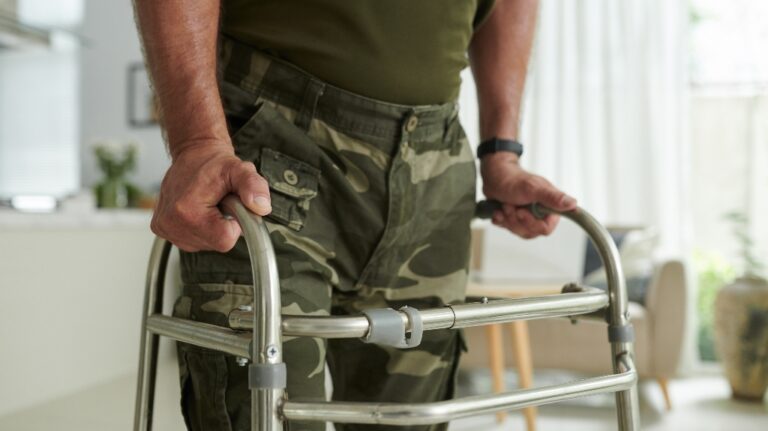
Sometimes, the VA may defer a veteran’s claim for disability benefits. A deferred claim does not mean that the VA has denied the claim; instead, it means that the VA requires additional information to assess the claim. When the VA defers your disability benefits claim, you may need to provide further information to establish your eligibility for benefits, including submitting updated medical records or attending a compensation and pension exam. Steps you need to take after the VA defers your disability claim include:
Understand Why the VA Deferred Your Claim
First, you should review the correspondence from the VA to understand the reason(s) for the deferral of your claim. For example, the VA may require additional evidence or clarification of information or records you’ve already provided. Furthermore, the VA may only defer a part of your claim due to questions about one or some of the service-connected conditions you’ve claimed.
Some of the common reasons for deferral include:
- Missing medical evidence or gaps in the medical record
- Needing clarification on the connection between the condition and the veteran’s military service
- Pending results from a compensation and pension exam or specialist evaluation
Gather and Submit Additional Evidence
Next, you should begin gathering the additional evidence or records that the VA has requested, such as your treatment records during your military service, service records, private medical records, nexus letters, and buddy statements. You can request medical records from private healthcare providers or submit VA Form 21-4142 to authorize the VA to request your medical records from the DoD and private healthcare providers.
You should also obtain lay statements from family members, friends, and coworkers who can attest to how your conditions limit your daily activities and work. You might also submit a personal statement to detail your symptoms, including the onset date, the progression of those symptoms, and the current severity and frequency of your symptoms.
Prepare for Follow Ups and Compensation & Pension (C&P) Exams
When the VA defers your disability benefits claim, it may ask you to attend a compensation and pension (C&P) exam, which provides the VA with the most current medical data about your condition. When preparing for a C&P exam, remember to stay honest about the severity and frequency of your symptoms. Keep notes about specific examples when your condition limits your daily activities or work.
After the exam, ensure that the VA has received the exam report and follow up on any missed or incomplete evaluations.
Track Your Claim Status and Respond Quickly
When you attend a C&P exam or submit additional information or documents, remember to track your claim status on the VA’s website to ensure that the VA has received the information and resumed consideration of your claim. You can also check your account for correspondence requesting other documents and information. Make sure to respond to the VA’s requests within the provided deadlines or as promptly as possible. Furthermore, remember to keep copies of all the documents or correspondence you submit to the VA.

Seek Experienced Advice and Assistance
Finally, you should consider obtaining help from an experienced VA disability benefits attorney to get your claim moving again after a deferral. Legal advice and support can help when your case involves complicated medical evidence or if you have multiple service-connected conditions or a secondary condition.
Contact a VA Disability Lawyer Today
After the VA defers your claim for disability benefits, seeking experienced legal counsel can help you protect your interests and move your claim forward. Contact Veterans Law Attorneys today for a free, no-obligation consultation with a VA disability benefits attorney to learn more about the next steps you should take when the VA defers your disability benefits claim.






